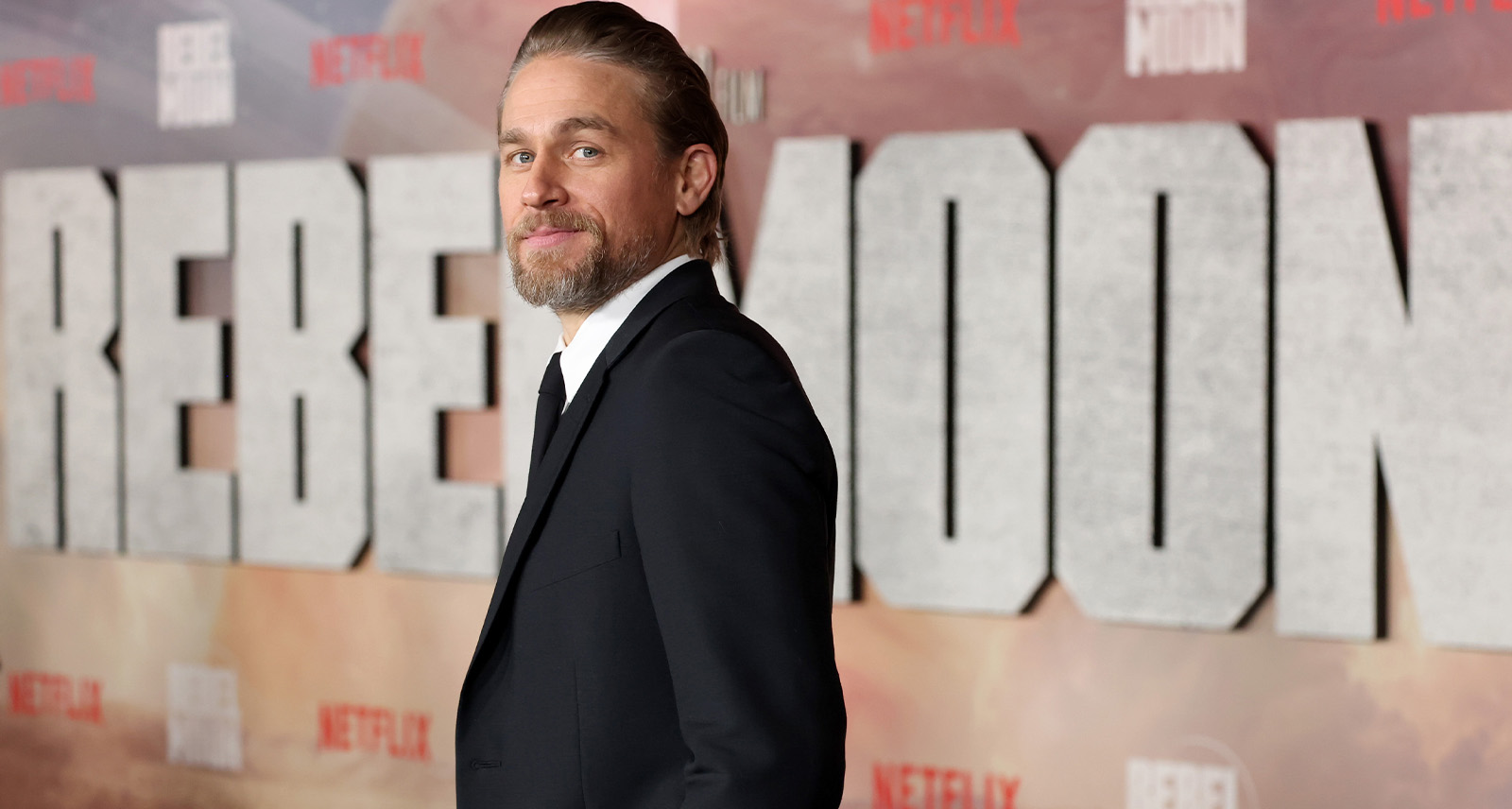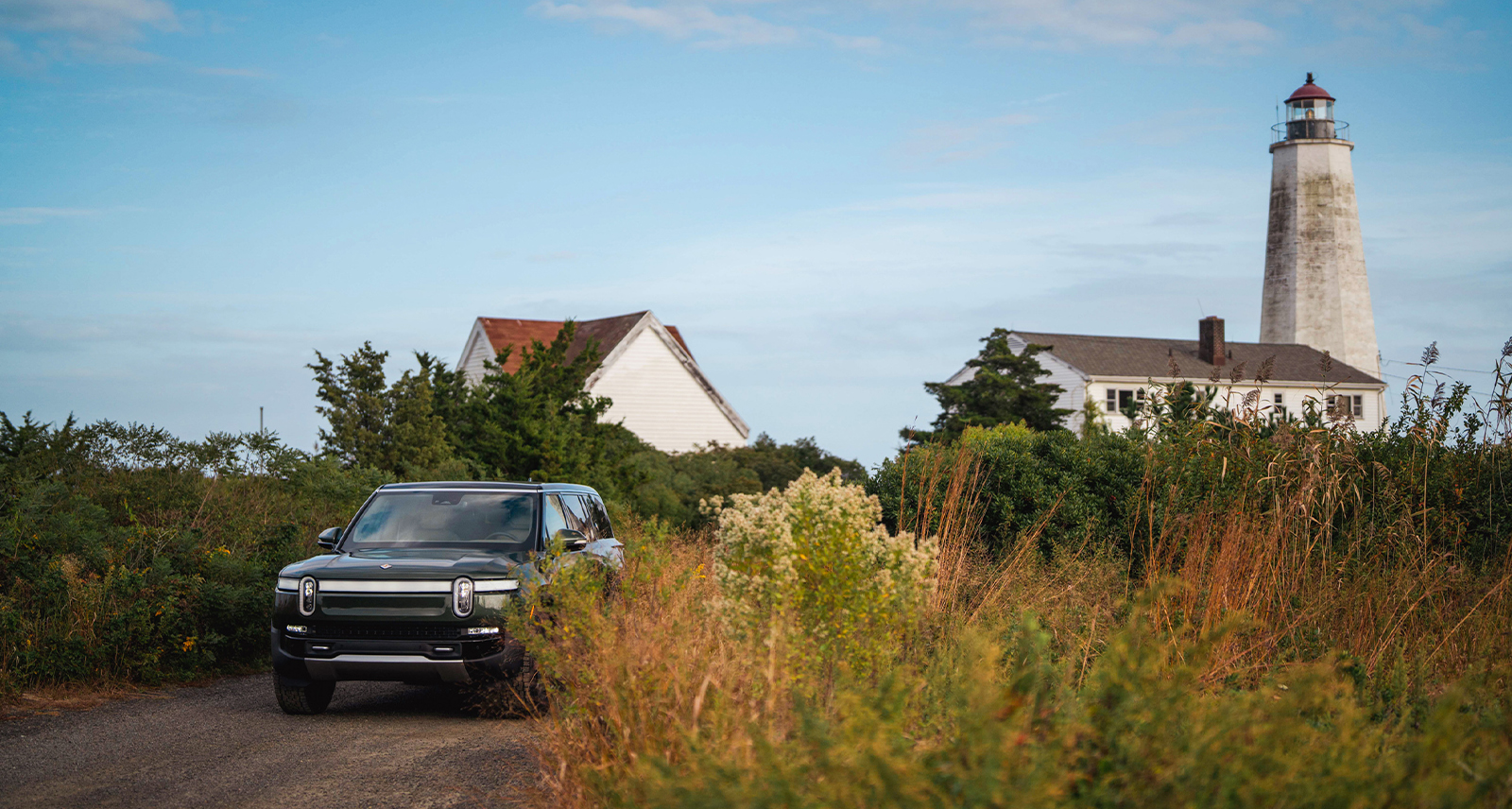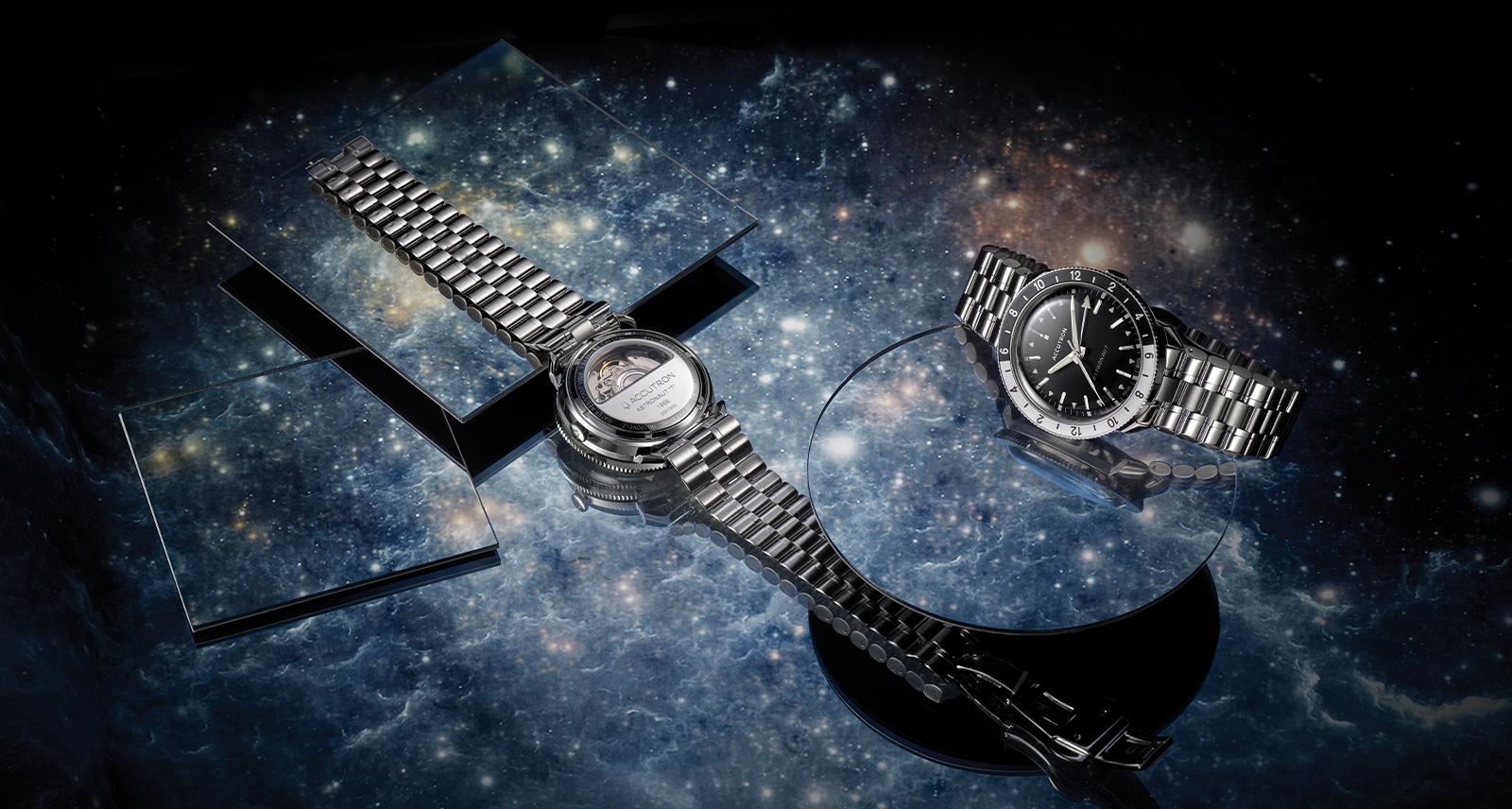‘Rebel Moon’ Actor Charlie Hunnam Says He’s in a Rebel Phase of His Own
There’s no denying it — Charlie Hunnam is armed with charm and charisma. It seems like it comes naturally to him. It doesn’t take long to figure that out, even across a screen for a virtual interview. He greets me from Los Angeles and when I share that I’m from Canada, he immediately says, “Canada, my favourite place… Toronto is a beautiful city!”
He’s exuberant. With a disarming smile, Hunnam is ready to chat about his latest role in Zack Snyder’s ambitious and entertaining entry, Netflix’s Rebel Moon – Part One: A Child of Fire. There’s no one more fitting to step into Kai’s shoes — charming and energetic, Hunnam hopes he has just as much swag as Kai (spoiler: he does).
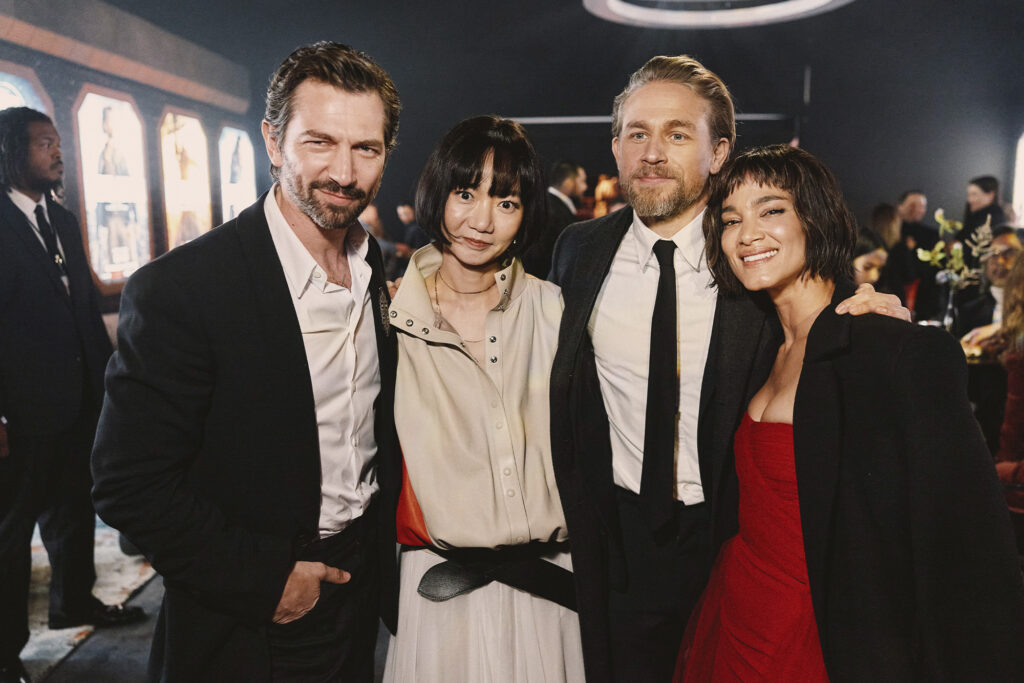
When a peaceful settlement on a moon is threatened by the armies of the tyrannical Regent Balisarius, Kora (Sofia Boutella), a mysterious stranger living among the villagers, becomes their best hope for survival. She assembles a small band of warriors who share a common need for redemption and revenge. The ensemble cast also stars Michiel Huisman, Ed Skrein, Djimon Hounsou. and Doona Bae.
Dressed in a blue shirt with his dirty blond hair gelled back — a style that’s come to be his signature, even on carpets — Hunnam shared how the role of Kai was one he claimed, despite being sent the script for another character. That’s something he’s never done in his career.
There was a time in his early 20s and 30s when the actor focused on self-exploration through his work. “We’re all messed up complicated human beings,” he shared. But now, at 43, he’s interested in “bigger, philosophical, theological questions of life.”
“Very occasionally in one’s career […] you read a script and you think: ‘I feel like maybe I understand this guy better than anybody else does.'”
Charlie Hunnam
In that sense, it’s fitting that he chose to play Kai — a complex character, living life on his own terms given the trauma he carries. Hunnam wanted to give him agency and autonomy over his life. In lesser hands, Kai could have easily been a one-note villain, but Hunnam’s fight for Kai is evident. It’s also the reason he’ll be the fan-favourite character when the film drops on Netflix this Friday.
With ample charisma on hand, Hunnam discusses his career, character Kai, and reveals his favorite Toronto restaurant.
I loved what you did with Kai and I wanted to see more of him!
I know, it was a real gift. I’ve been so fortunate in my career to be given a lot of really wonderful characters to play with. But Kai is really something special. He’s obviously got his flaws, let’s just say, but … you just never quite know what he’s going to do, which was so fun to play. He’s obviously very energetic. He’s a little heroic when he needs to be, a little bit naughty when he wants to be.
I read that this was the first time in your career that you were sent the script for one character, but you fell in love with another. Why claim Kai?
That was something just down to Kai. I just love the script; I thought all of the characters were really interesting and multifaceted. It would have been an honour to play any of these guys. Kai just exploded off the page to me.
There’s something that happens very occasionally in one’s career — I’ll try to say this humbly, although it might sound arrogant — when you read a script and you think: ‘I feel like maybe I understand this guy better than anybody else does.’
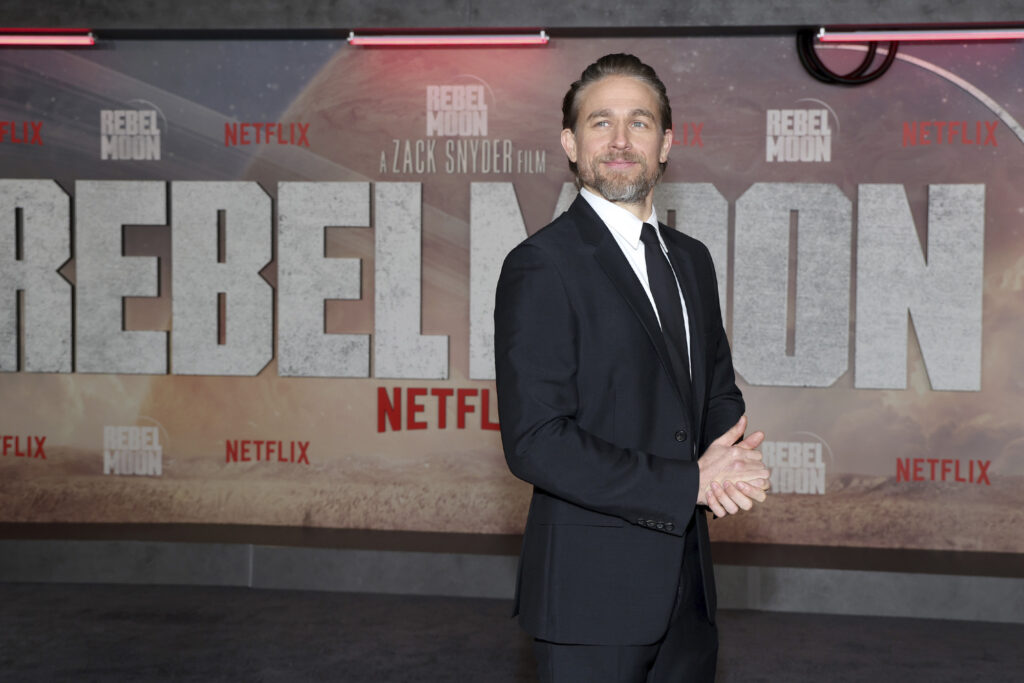
There was a version of somebody reading Kai, and perceiving him as a bad guy and I thought, ‘I want to protect Kai from somebody mishandling him and playing him like a villain’ because he isn’t to me. He’s just somebody who’s been through an enormous amount of trauma. He’s been beaten up. He lives in this uber gnarly, authoritarian regime and he’s created this little bit of space for himself, where he gets to stand on his own two feet, he gets to be free. He gets to have agency and autonomy over his life [somewhere that] very few people do, and he’s not willing to compromise that for anything. And that makes him have to make some really difficult decisions.
So then, if every character is a little bit of the actor who plays them, how much of yourself did you see in Kai?
Apart from the tendency to betray everybody around him [laughs], I always hope I’ve got at least some of his charm and swagger on my good days. I had the most epic interaction on the street in Toronto. Well, last time I was there, I was there for the Toronto International Film Festival, and I was by my favourite restaurant, Khao San Road, great Thai restaurant, and this really elegant older man stopped in the street, and looked at me. It was one of those things where, you know — I’m fairly used to getting recognized at this point — but there was just such charisma and a twinkle in his eye. He went, ‘You are who you are, though.’ And I went, ‘On my good days.’ [Laughs.]
I love that! Thanks for sharing that story. I read that you’ve always been interested in English and Irish travellers, wanderers who are a bit removed from society. What’s the fascination?
I think there’s a consciousness in that. You can just be born into an environment and just go with the flow of that, never really question or offer resistance to it. There’s a consciousness and a specificity that’s intentionally sort of going against the grain, which I’ve always liked, and they’ve just got swag. I love the sense of just standing on one’s own feet and refusing to be dictated to.
“I felt a bit trapped in my little environment, and didn’t feel like I was able to sort of bring forth who I wanted to be. And yet, I felt like these people were just totally, effortlessly, in the truth of their existence at all times.”
Charlie Hunnam
It was sort of more elemental than that, growing up. I grew up close to a place called Appleby. There was a huge traveler horse fair, and I lived in a little village [with] a little stream running through. For about a week before Appleby every year, these three traveller families would come up in their caravans and set up. Their kids would be playing outside, getting water from the stream and cooking their meals in the field. I would run down there and literally spend all of my time just sort of hidden watching them.
I [was] trying to understand what that lifestyle must be like; it just felt so free. I felt a bit trapped in my little environment, and didn’t feel like I was able to sort of bring forth who I wanted to be. And yet, I felt like these people were just totally, effortlessly, in the truth of their existence at all times.
You said Zack Snyder is a true artist in a way you’ve rarely got the opportunity to work with — how so?
I don’t know if I feel like I’ve not had the opportunity — I’ve been so fortunate to work with so many really talented artists. I suppose what I meant about Zack, which is so unique, is that he is a pure true artist. It’s like watching an artist.
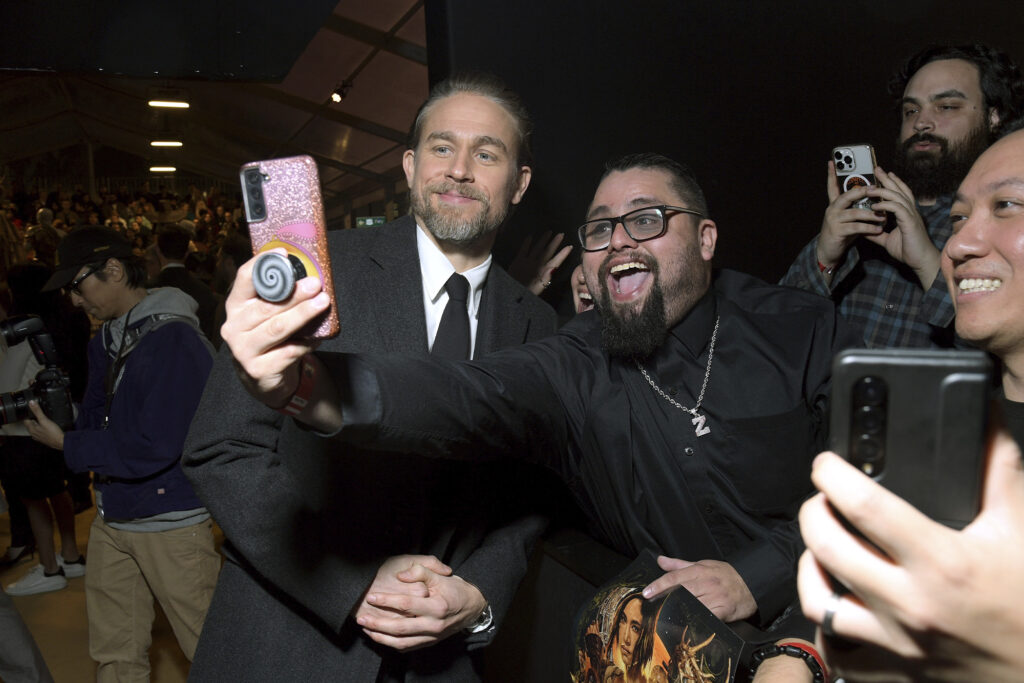
Sometimes, the filmmaking process is quite abstract, cerebral: you’ve got a filmmaker sort of locked away in a little tent, reading their script, watching the monitor and making the film in their heads. Zack is like a guy in his garage building a go-cart. Everyone who’s interested in go-karts is welcome to come help him. You’re just there, and he’s covered in grease, and he’s got like a tool belt on, and he’s actually just building the thing himself. Everybody else is there just to sort of hand him a screwdriver or make a suggestion. He’s actually there building the film everyday himself with his bare hand.
[It’s] incredible to the point where he wrote it, he produced it, he’s lighting it, he’s operating the camera. Occasionally, he’ll have the camera on, we’re about to start shooting, and he’ll be like, ‘fix my hair.’ So then, all of the sudden, he’s part of the hair department. He just does everything.
“I’m at my best when I’m also having fun; it’s not some sort of heavy, laboured process to create art. If you are an artist, it’s just what you do.”
Charlie Hunnam
You wanted to also do some writing and producing yourself — what did you perhaps pick up from Zack that you will carry with you as a storyteller yourself?
I think the two things that I learned were that [when] you have to do so much work, it prevents outside forces from having too much of a say — he’s already done it all. And I also love it and have fun every day.
I think that what I learned from Zack, and this experience, was that I’m at my best when I’m also having fun; it’s not some sort of heavy, laboured process to create art. If you are an artist, it’s just what you do. It doesn’t have to be precious, you don’t have to overthink it: just get out of bed and do your work.
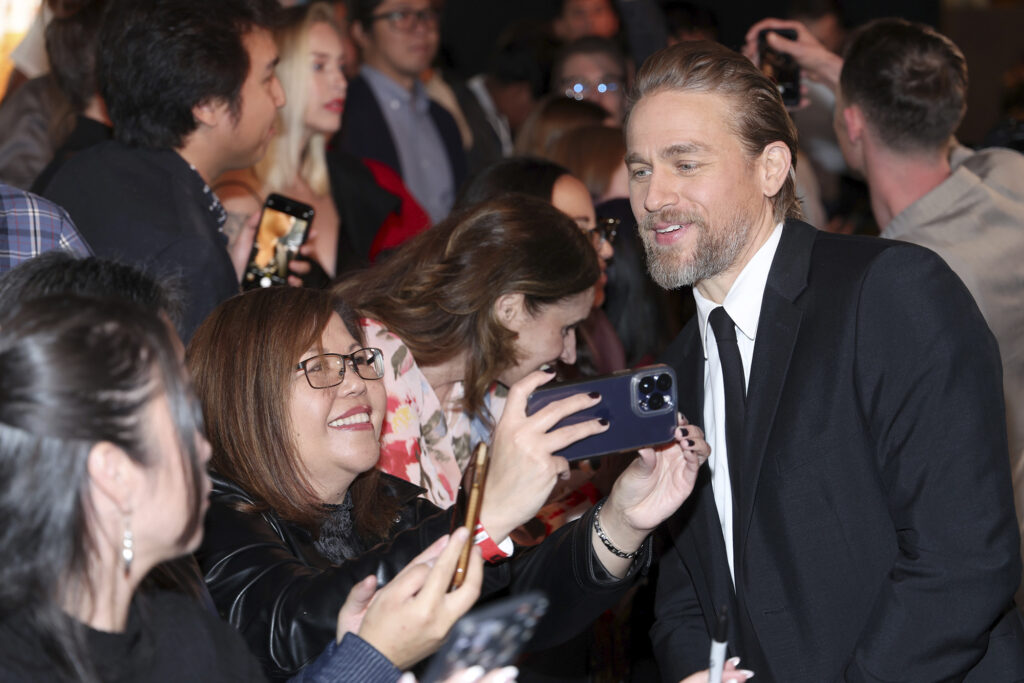
I read that in your late 20s, early 30s, you were exploring aspects of your personality through work. At 43, how has that changed in terms of the roles interest you, and what you want to personally excavate?
I was hyper self-conscious in my 20s and 30s, which I think is an interesting place to be. If you are a messed up complicated human being — as we all are, and as I certainly am — it’s probably very good to do a lot of work on yourself and explore what makes you good and what makes you terrible.
I had some stuff to work out that I spent that time [doing] and now I’m far, far less committed to sort of self-exploration. I’m interested in exploring some of the bigger questions [like] ‘what is the meaning of all of this? Just the bigger, philosophical, theological questions of life. So, I’ve sort of taken the focus off of myself and [put it] onto some, hopefully, more interesting arenas of exploration.
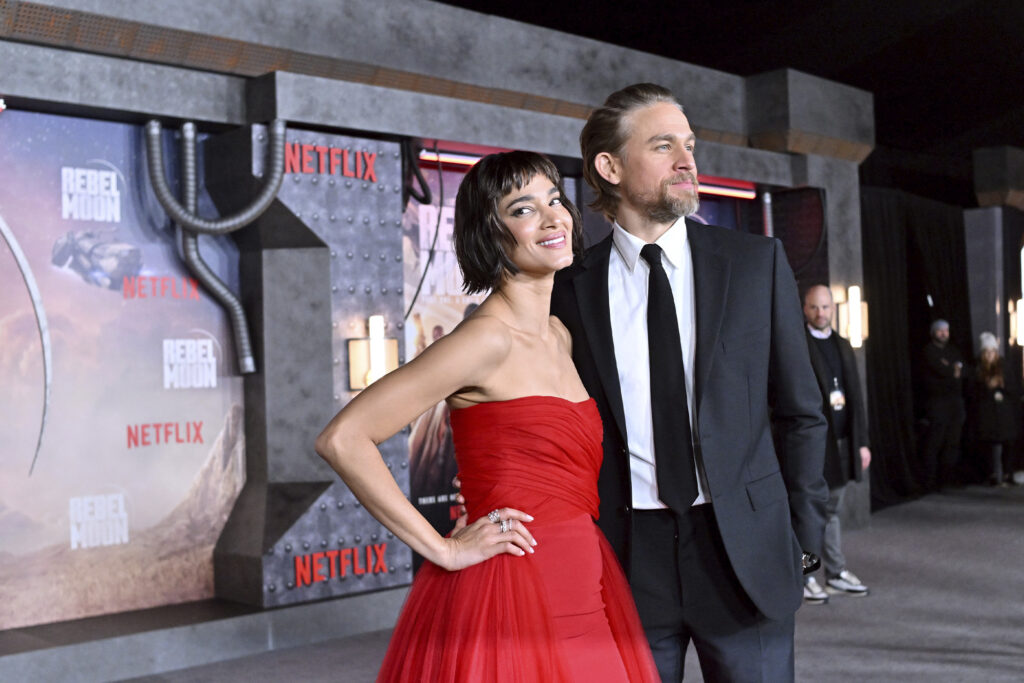
That’s great to hear! Lastly, Kora assembles this band of warriors who are protectors, rebels, outsiders or fighters. We know where Kai stands. Which league would Charlie belong to?
I would hope that I would be part of the good guys fighting for a super righteous cause. But, I mean, you never know, right?
So maybe a rebel then?
Certainly, I would hope I’d be a rebel.
Rebel Moon – Part One: A Child of Fire streams on Netflix this Friday.
Featured photo by Phillip Faraone/Getty Images for Netflix.
